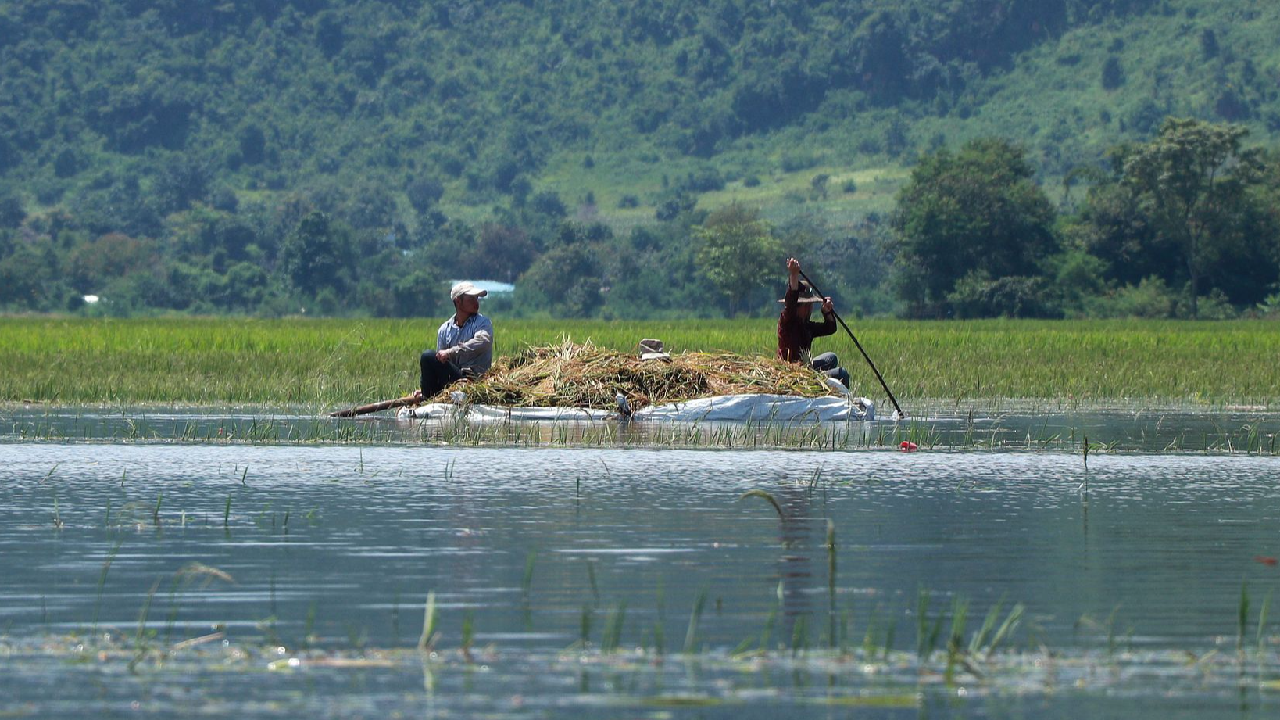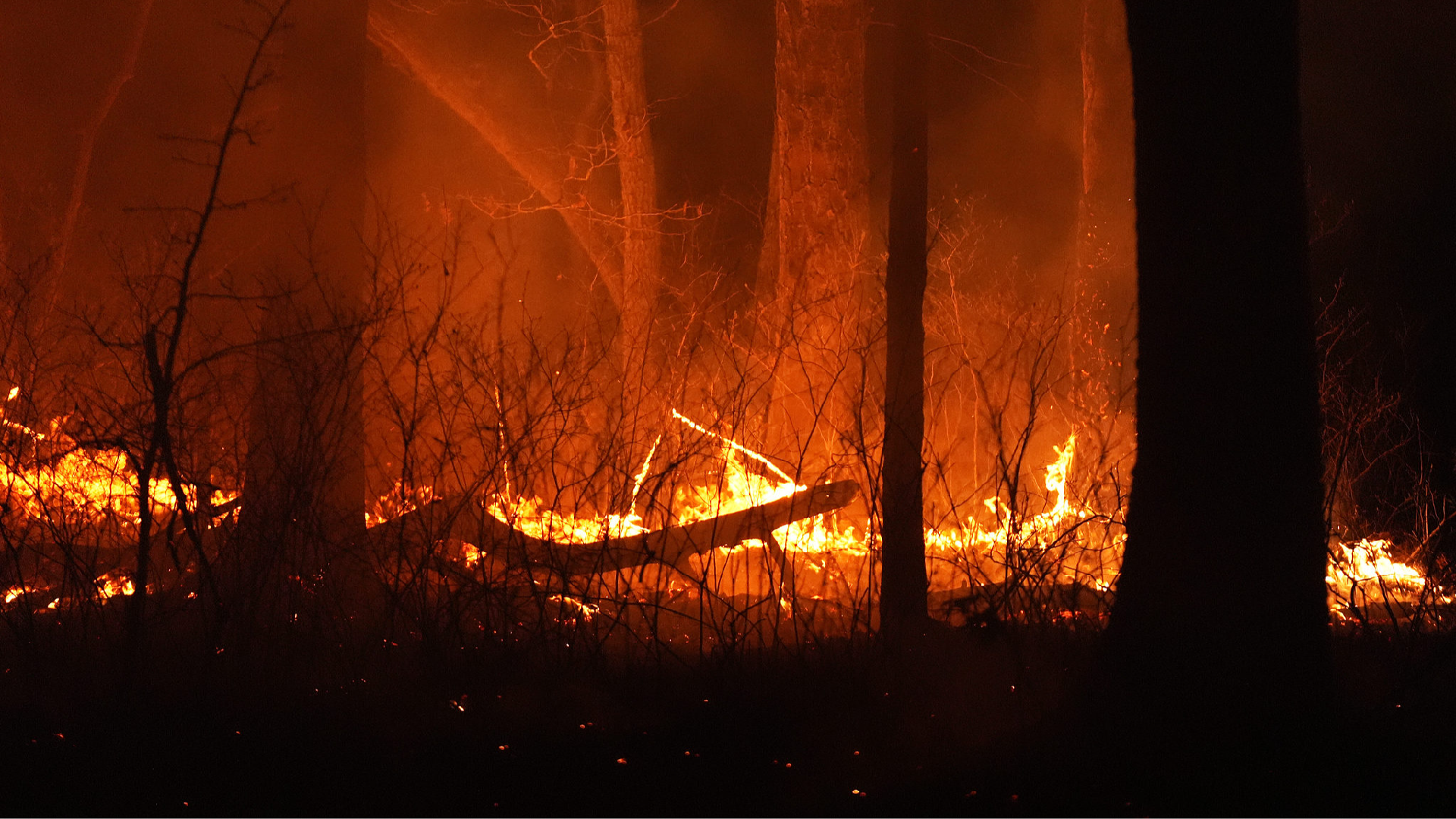Six Million SE Asia Children Impacted by "Yagi"
The United Nations reported on Wednesday that nearly six million children in Southeast Asia have been impacted by deadly floods and landslides caused by Typhoon Yagi, with the death toll from the disaster continuing to rise.

According to a release by UNICEF, the disaster has severely affected these children, disrupting vital services such as clean water, education, healthcare, food, and housing.
"The most vulnerable children and families are facing the most devastating consequences of the destruction left behind by Typhoon Yagi," UNICEF's regional director for East Asia and the Pacific, June Kunugi, stated.
UNICEF highlighted that in Vietnam, approximately three million individuals are at a heightened risk of contracting diseases due to inadequate access to safe water and sanitation facilities.
In Myanmar, floods have displaced nearly 400,000 individuals, exacerbating the hardships of a nation already burdened by over three years of conflict involving the military and opposing armed factions.
The situation in Myanmar has deteriorated further due to the typhoon, with UNICEF commenting that it has worsened an "already dire humanitarian situation" and has "pushed... already marginalized communities into deeper crisis."
The crisis prompted hospitalizations for over 100 individuals near Naypyidaw, Myanmar's capital, after they suffered food poisoning from consuming donated meals this past Tuesday, as per the military government.
On that note, the World Food Programme announced plans on Wednesday to initiate an urgent relief operation in Myanmar, intending to deliver a month's supply of emergency food to around 500,000 individuals.
The frequency and severity of such extreme weather events are being exacerbated by climate change and the warming of the oceans, driven by human activities.
UNICEF also noted that climate and humanitarian crises combined pose a disproportionate threat to children in East Asia and the Pacific, making them six times more likely to face these challenges compared to their grandparents.
Jessica Kline for TROIB News
Find more stories on the environment and climate change on TROIB/Planet Health












